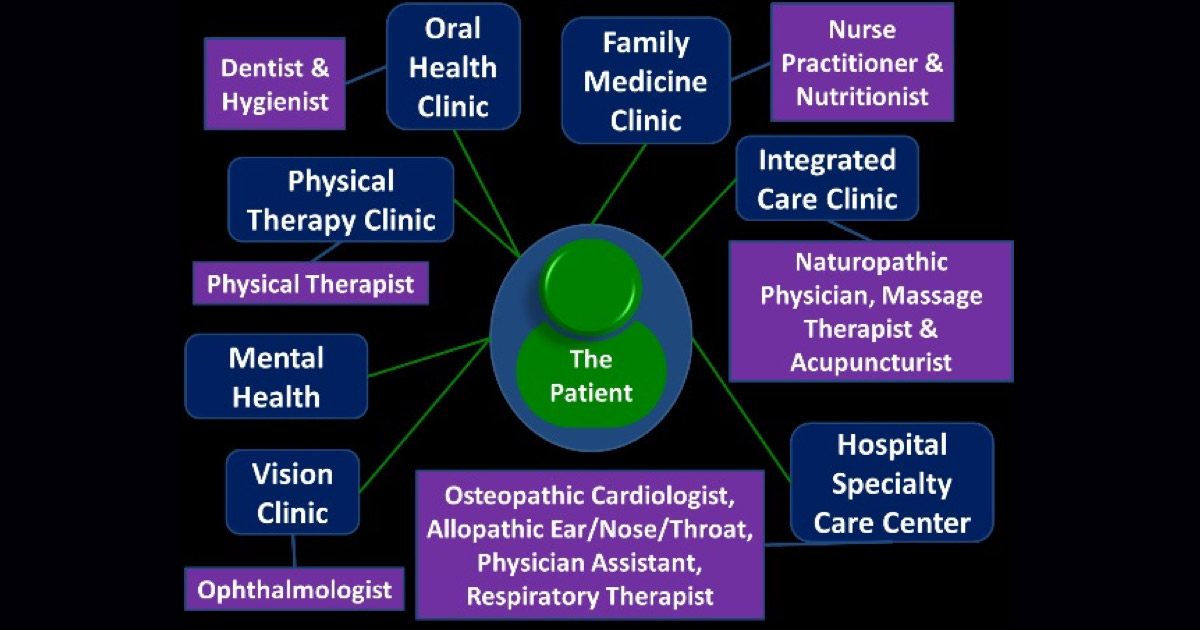What is Evidence-Based Practice?
Evidence-Based Practice (EBP) is“the process of combining the best available research evidence with your knowledge and skill to make collaborative, patient- or population-centered decisions within the context of a given healthcare situation” (Howlett, Rogo, Shelton, 2020). EBP is used across health professions as an applied, critical thinking skill for making decisions in individual cases, educating patients, developing population health initiatives, and more.
Why a Book on Evidence-Based Practice?
EBP is included in the curricula of many health profession degree programs and is the subject of countless continuing education sessions. Often the resources for teaching EBP have a strong emphasis on the theoretical aspects of the field, such as statistics and research design, with less focus on everyday uses of EBP in practice.
I’m delighted to introduce myself and the second edition of Evidence-based Practice for Health Professionals: An Interprofessional Approach, co-edited by Dr. Ellen Rogo and Teresa Shelton. I’m a clinical researcher and health science educator who has taught EBP and research at the undergraduate, graduate, residency, and post-licensure continuing education levels to health professionals for more than a dozen years.
The idea for the book came about at a conference for health professions when a group of us who taught EBP discovered over dinner our shared difficulty finding a book that was targeted at teaching students to use research to support clinical decisions, rather than preparing them to design and conduct research. Most books focused too much on research design and calculating statistics for our purposes as health professional educators. We not only agreed a different type of book was needed, but also that an interprofessional perspective would be of great benefit to students. Learning EBP through an interprofessional lens increases the student’s readiness to engage in collaborative decisions.
New to the Second Edition
My co-authors and I have updated and reorganized the chapters for the second edition. The two chapters on statistics were merged and related concepts were threaded throughout the book. The chapter on interpreting health product marketing and interacting with sales professionals was expanded to include medical devices and nutraceuticals, in addition to pharmaceuticals. Emerging concepts in healthcare research design (such as the network meta-analysis) were added to the chapters on healthcare research methods, assessment and diagnosis, and treatment, harm, and prevention.
Perhaps of greatest value from a teaching standpoint to this edition are the instructor resources, which include new case-based exercises, a teaching manual, and a bank of objective exam questions. Scenarios from numerous health professions are presented and include summaries by the authors to facilitate student learning. The teaching manual offers many ideas for activities and assessments derived from the authors’ collective teaching experience.
